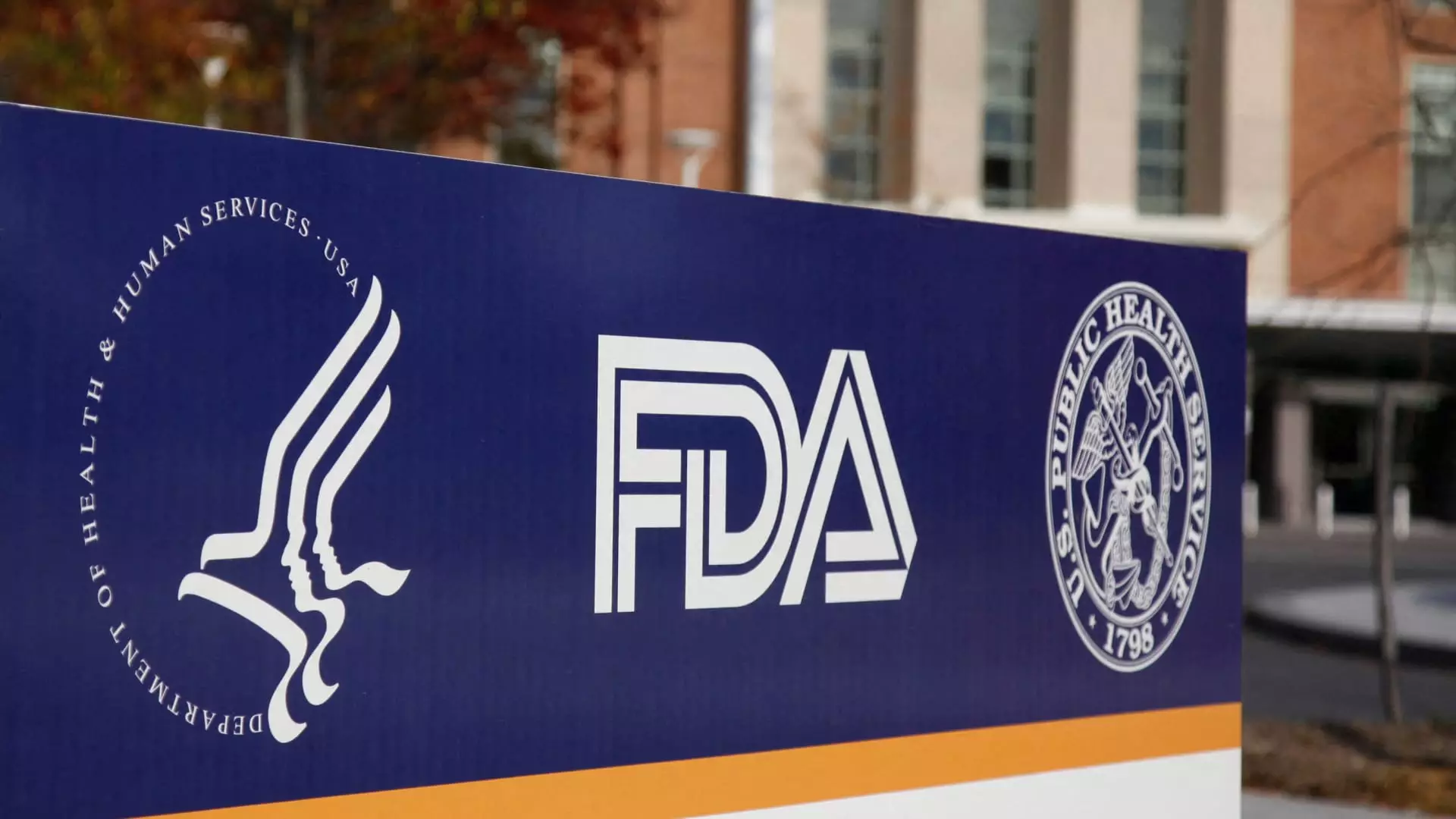In a recent, troubling turn of events, the Food and Drug Administration (FDA) has dismantled a crucial division that played a vital role in training personnel on public health and safety practices. The Division of Learning and Organizational Development (DLOD), comprising over 30 dedicated employees, was tasked with enhancing the knowledge and operational competence of FDA staff and external healthcare professionals alike. This division’s dismantling under Robert F. Kennedy Jr.’s sweeping reform plan marks a perilous juncture for public health, indicative of the broader neglect for ongoing education and training in crucial regulatory frameworks.
The DLOD had provided critical educational resources covering essential topics such as opioid safety, rare diseases, and the integration of Artificial Intelligence (AI) in regulatory assessments. Its absence creates a worrying void not only within the FDA but across the healthcare spectrum, as external doctors, pharmacists, and nurses relied on its training programs to keep abreast of medical advancements and regulatory standards. With these cuts, we are witnessing an alarming detachment of the government from the very professionals responsible for safeguarding public health.
A Misguided Approach to Streamlining Operations
Kennedy’s plan to slash 10,000 jobs, primarily under the guise of “streamlining operations” within the Department of Health and Human Services (HHS), raises pertinent questions about the rationale behind these decisions. While the administration purportedly aims to eliminate redundant roles, the reality is a disheartening reduction of personnel at the FDA, a body tasked with fundamental responsibilities like ensuring drug safety and overseeing the production of medical devices. By targeting the DLOD, the administration is not merely streamlining but, rather, undercutting the very mechanisms that support effective public health strategies and regulatory processes.
The elimination of educational programs raises an urgent matter: who will fill the knowledge gaps left by the dismantling of such essential training? The FDA claimed that inspectors and reviewers for drugs and medical devices would remain unaffected, yet the sweeping cuts imply a lack of understanding about how interconnected these roles are. In healthcare, continuous education is paramount to adapt to new knowledge and technologies, and without it, regulatory functions risk becoming obsolete.
The Fallout on Knowledge and Community Trust
One of the most alarming repercussions of disbanding the DLOD is the suppressed flow of information essential for effective healthcare practice. The division’s monthly seminars and educational outreach laid the groundwork for professional discourse on vital research findings, such as studies on tobacco use that directly impact public health. The shutdown of these initiatives translates into diminished opportunities for learning and professional growth, ultimately leading to a less informed workforce.
The decision to halt accreditation and recognition of educational programs effectively stymies healthcare professionals’ ability to maintain certifications. In an era where ongoing education is integral to medical practice, this move could deteriorate the competence of healthcare providers and, consequently, erode public trust in regulatory processes. By undermining training programs, the administration is not just ignoring the existing knowledge reservoir; it risks sowing seeds of mistrust among a community that relies on robust, informed, and adaptive regulatory standards.
A Concerning Future for Public Health
The cuts imposed by the Trump administration reflect a broader ideological shift prioritizing budget reductions over safeguarding public health interests. In a time when we face myriad health crises—ranging from drug epidemics to emerging infectious diseases—the dismantling of the DLOD is not merely a cost-cutting endeavor; it symbolizes a dangerous neglect of preventative measures that have historically aided in controlling public health challenges.
As professionals within the FDA and the healthcare community voice their uncertainty regarding future educational support, an expansive gap is left unfilled, amplifying concerns over how the current regulatory environment will keep pace with evolving health needs. Ultimately, the collaboration that once thrived through continuing education is now at risk, a precarious situation particularly when considering that many of these decisions appear to have been made with scant attention to the long-term implications for public health safety.
Kennedy’s aggressive restructuring of HHS, and its resulting impact on the FDA’s DLOD, invite criticism not just as an organizational fail but as an ideological stance that undervalues education and competency in regulatory governance. There’s no doubt that when education is on the chopping block, the repercussions will inevitably cascade into every corner of public health.

